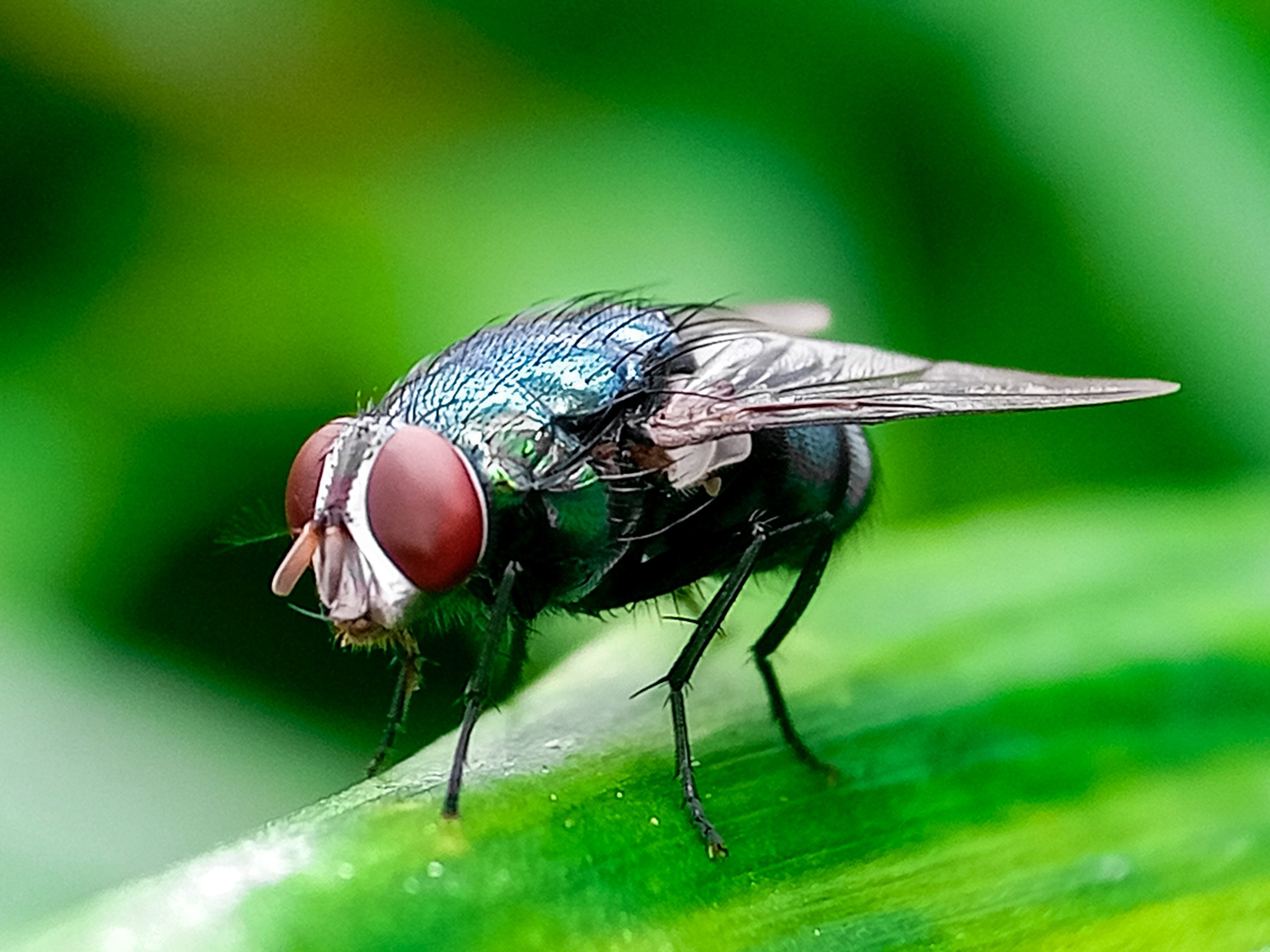In western Maryland, the five-day black bear season closed on Oct. 26 with 135 bears harvested across four counties. Last season, 131 bears were taken at a success rate of 7.9 percent, which is higher than the regional average of three to five percent. The open season was extended by an extra day this year, running from Monday through Friday.
Just north of Maryland, New Jersey has a six-day black bear season that ended Oct. 14. But this season saw fewer hunters and fewer harvests. As you may have read earlier this fall, NJ Gov. Phil Murphy banned hunting on state lands, limiting the state’s hunting opportunities. Only 139 bears were harvested in the first block this year, compared to 244 bears in 2017. The bear hunt will resume for at least six days, and possibly as many as 10, starting Dec. 3. The total in 2017 after both blocks was 409 bears, which may or may not be the case this year with the new changes.
The first three early black bear seasons closed within the normal range for West Virginia with around 500 bears harvested, but hunting opportunities are expanding, as this past weekend opened another bear season. This time it coincides with early antlerless deer season on private lands in certain counties. To keep harvest numbers up, the West Virginia Division of Natural Resources added this season for 2018 since many hunters will already be out there. The 13 open counties are Berkeley, Boone, Fayette, Hampshire, Jefferson, Kanawha, Mercer, Monroe, Morgan, Nicholas, Preston, Raleigh and Summers. Officials have found early season numbers fairly steady over the last few years.
In Tennessee, black bear sightings have increased over the past two years, which means the increase in harvests comes as no surprise. In Sullivan county alone, over 24 bears have already been taken, with the season open until the end of November. That county only had ten bears harvested throughout the whole 2017 season. Officials contribute the rise in sightings to the abundance of acorns in residential areas, which is then complemented with the draw of scraps and leftovers in nearby trash cans. Officials remind residents to tie up trash and keep pet food inside.
Sources: Maryland Department of Natural Resources, Northjersey.com, West Virginia Metro News, News 5.



